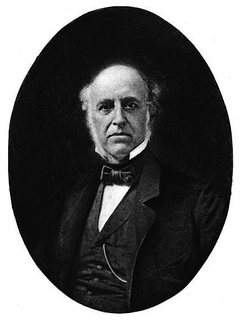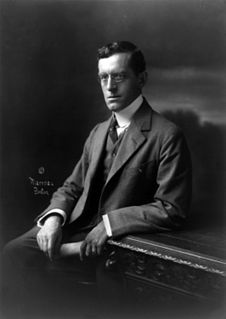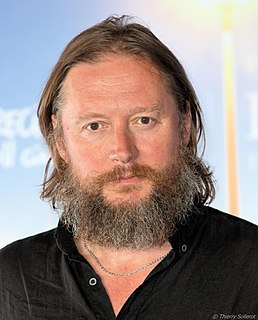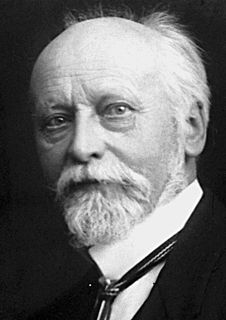A Quote by Thomas Bulfinch
It was not till toward the end of the thirteenth century that the prose romances began to appear.
Related Quotes
These strengths, and our civilization in general, have reached an apogee with the end of the apocalyptic threats of the Cold War and the end - or at least waning - of less successful, and ultimately less "just," political and economic systems. At the turn of the 21st century we appear to be entering our greatest century, a golden age. The challenge that we face is similar to that of the Classic Maya civilization: we have set in motion a "runaway train" of success.



































